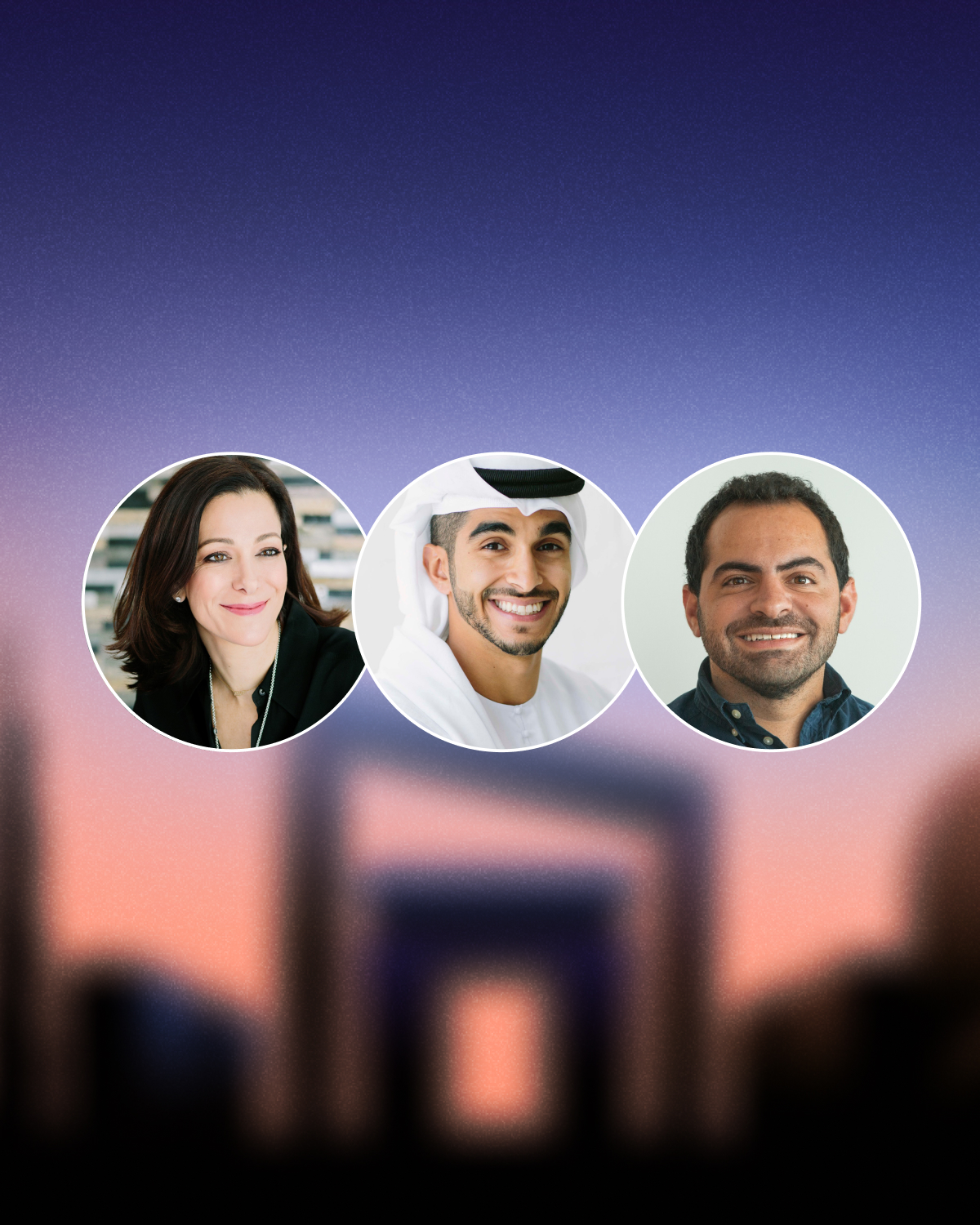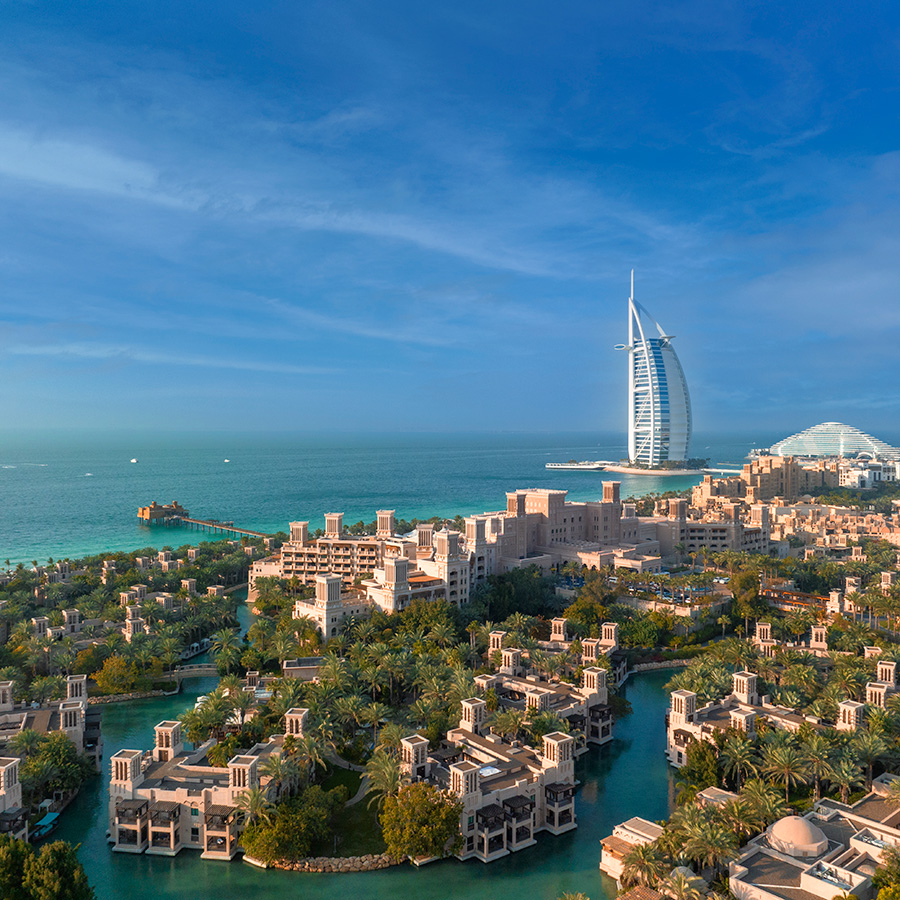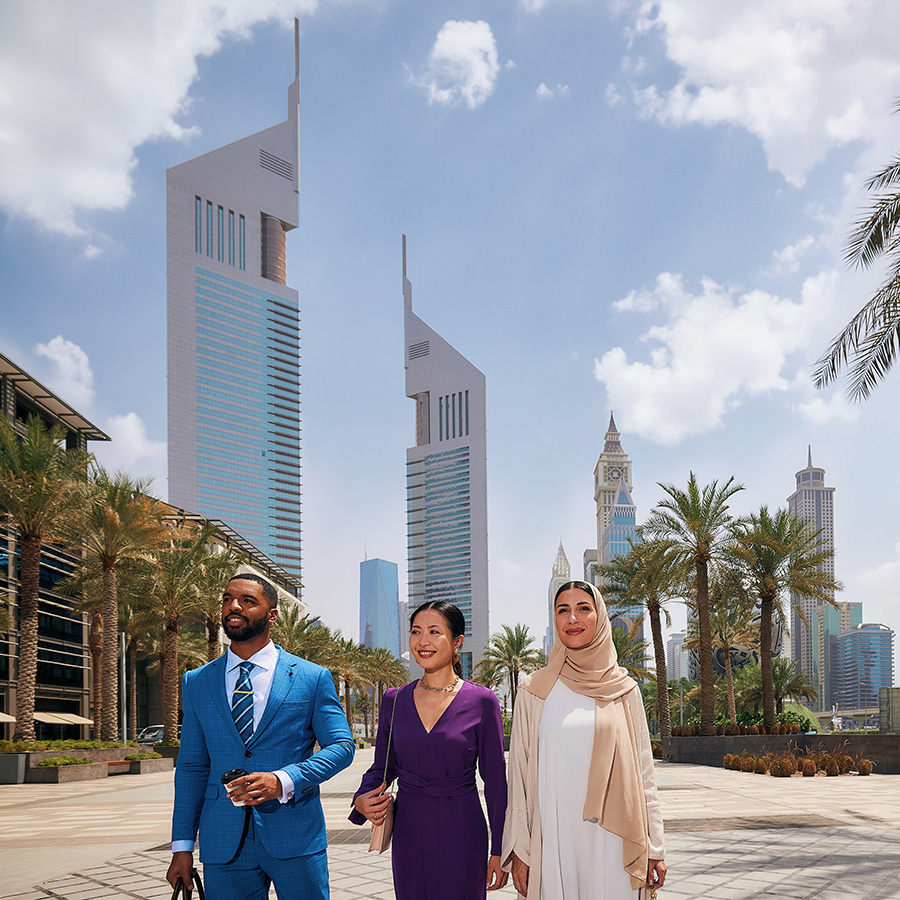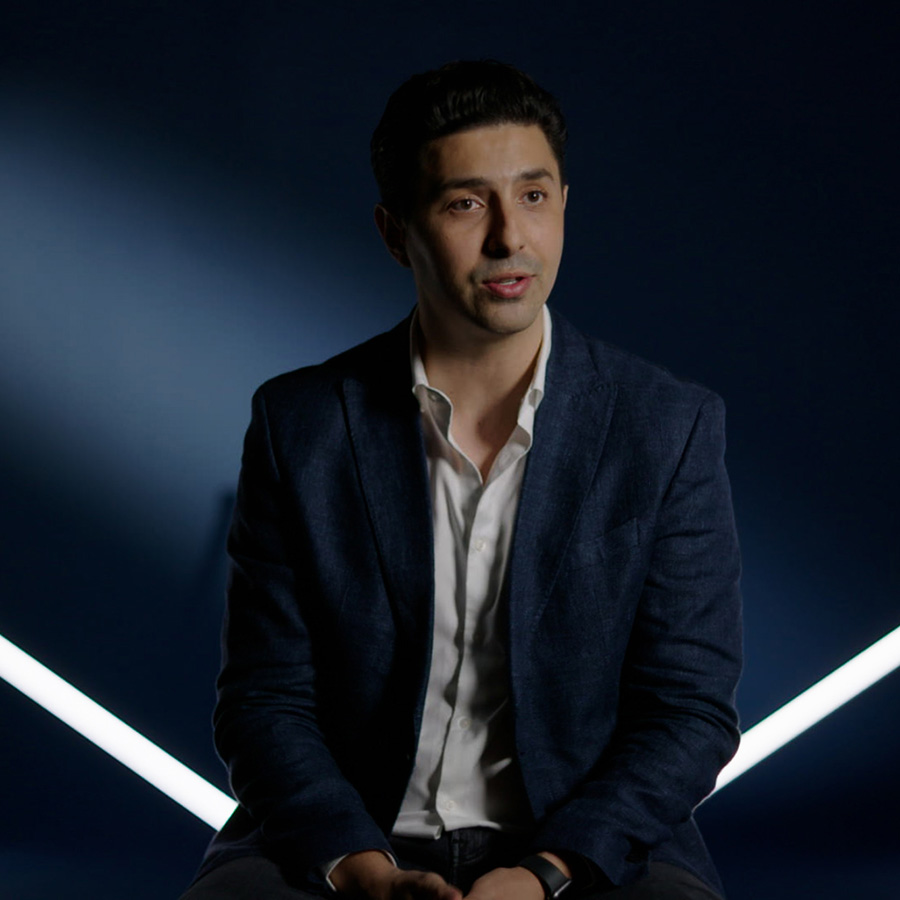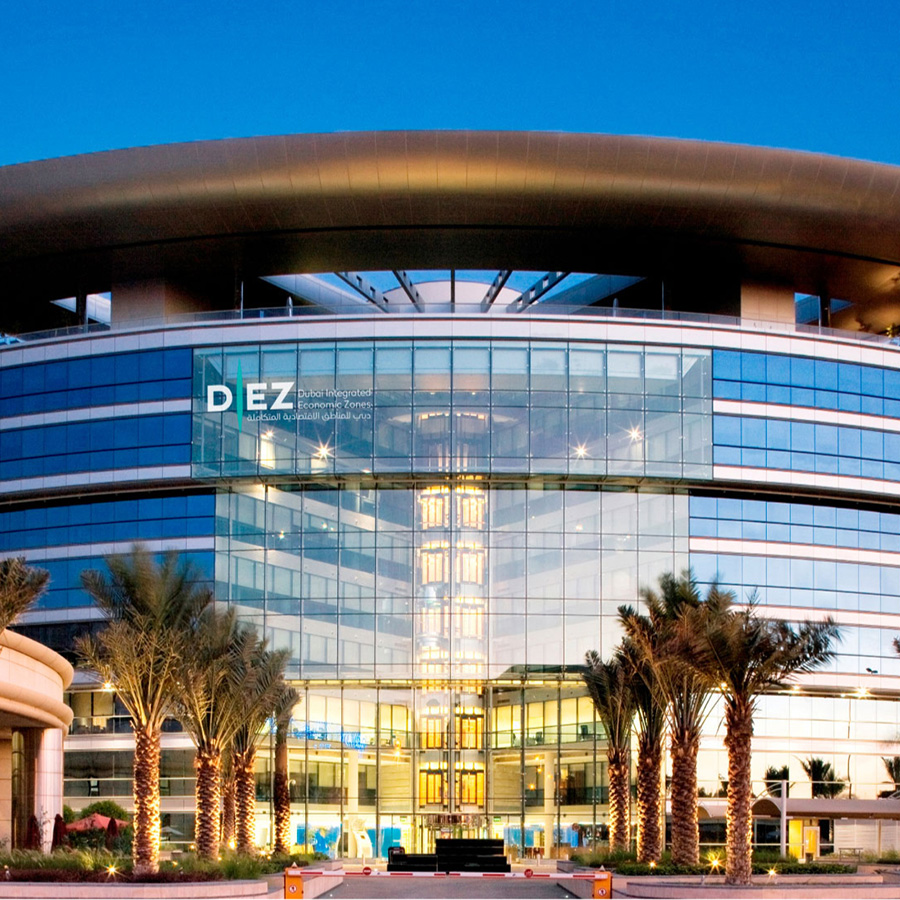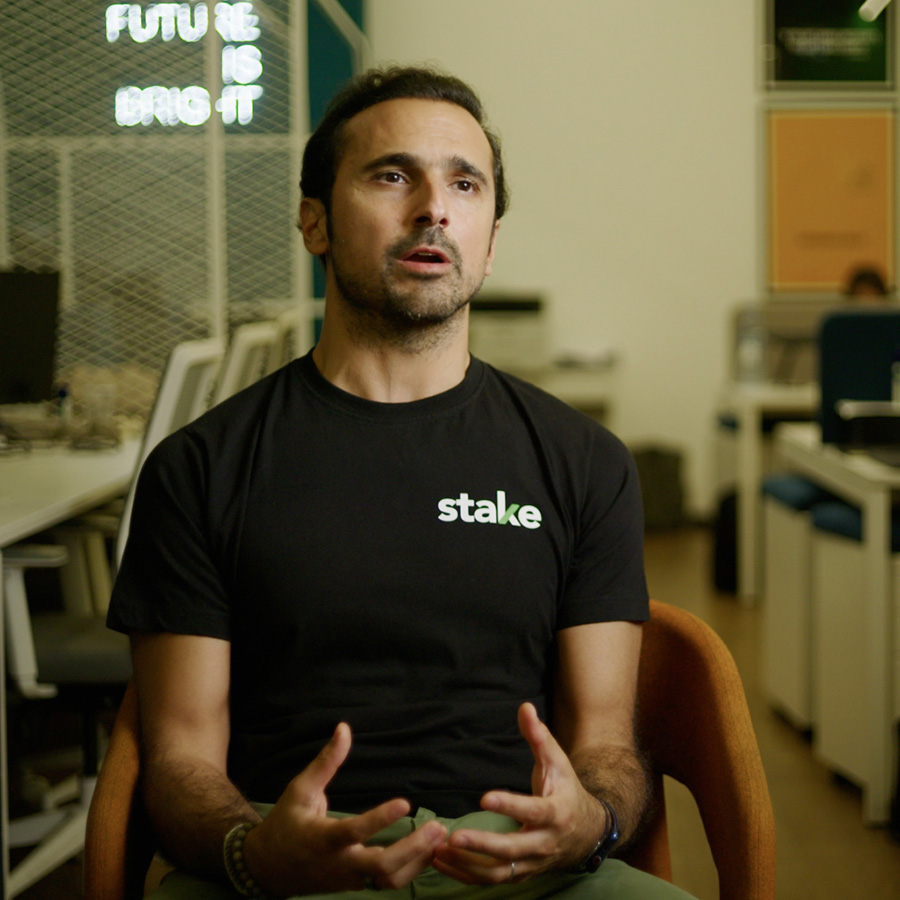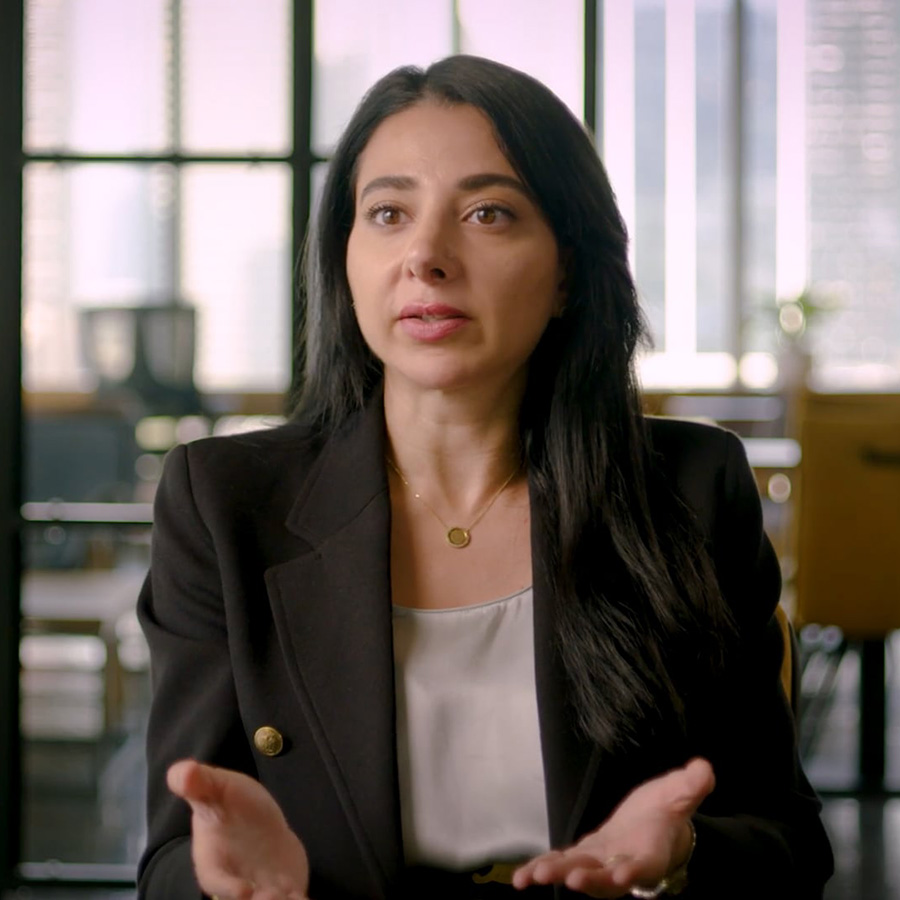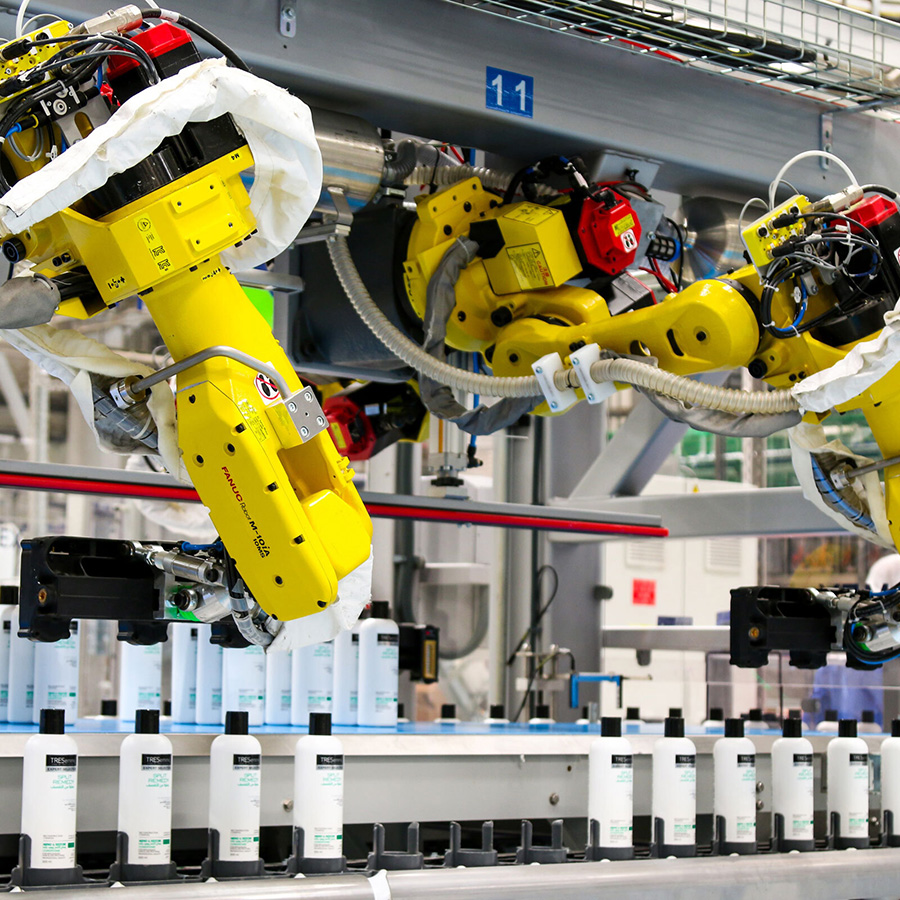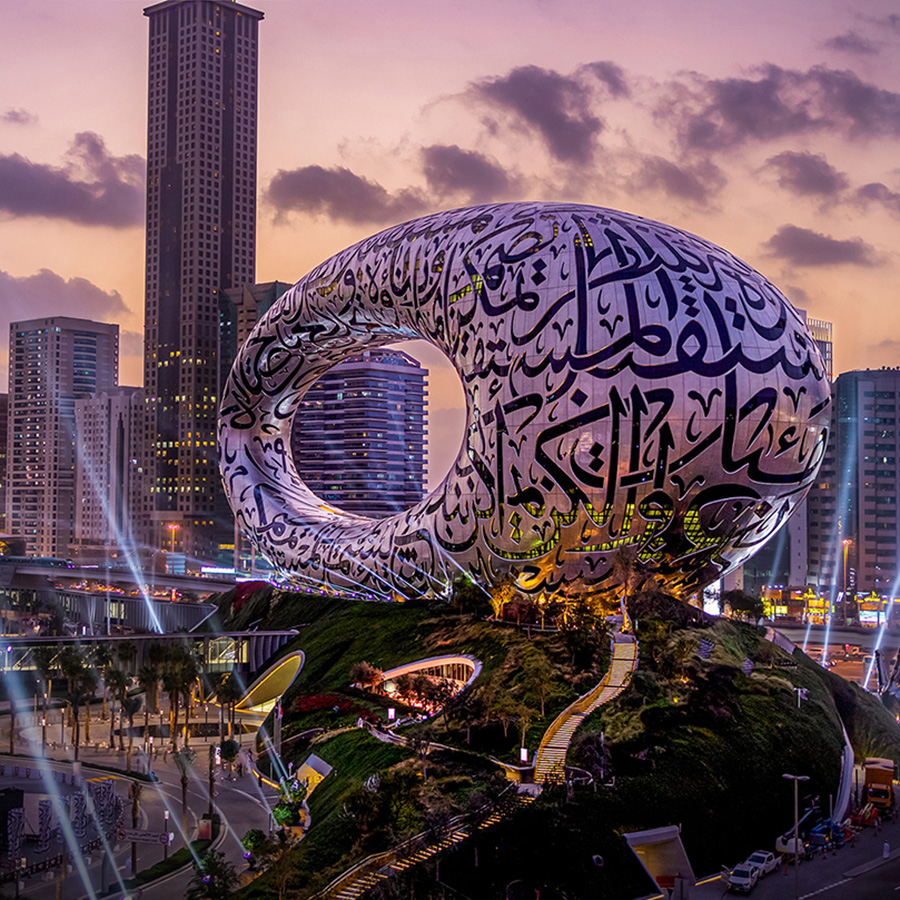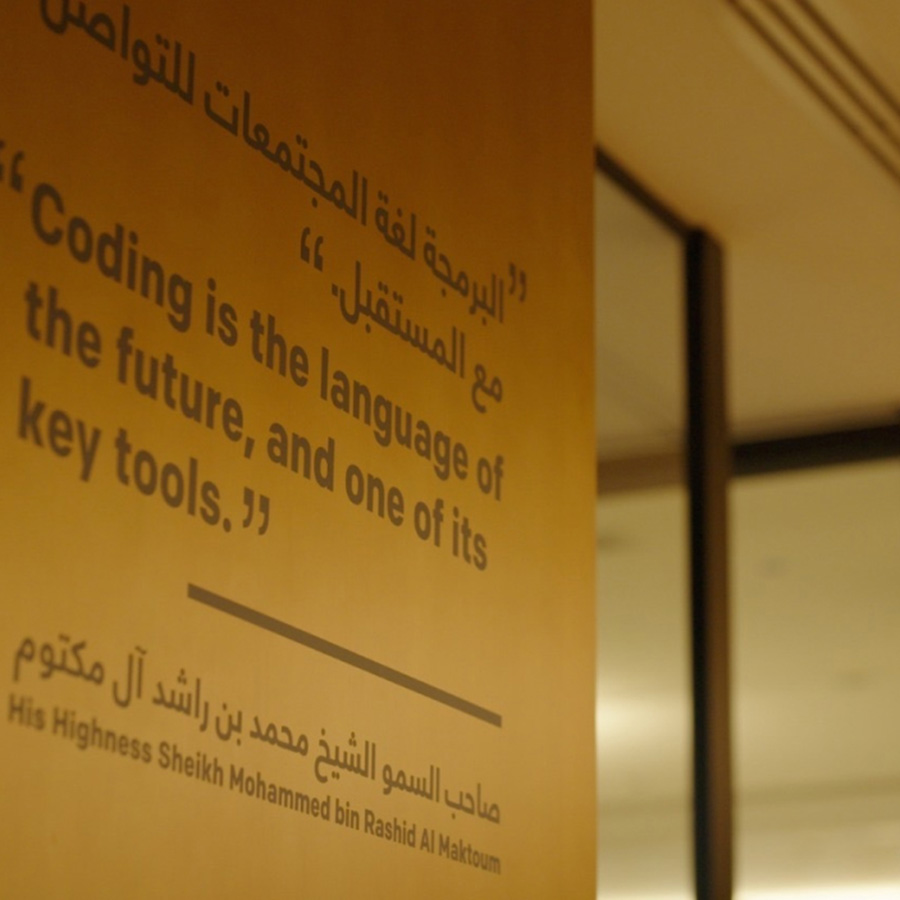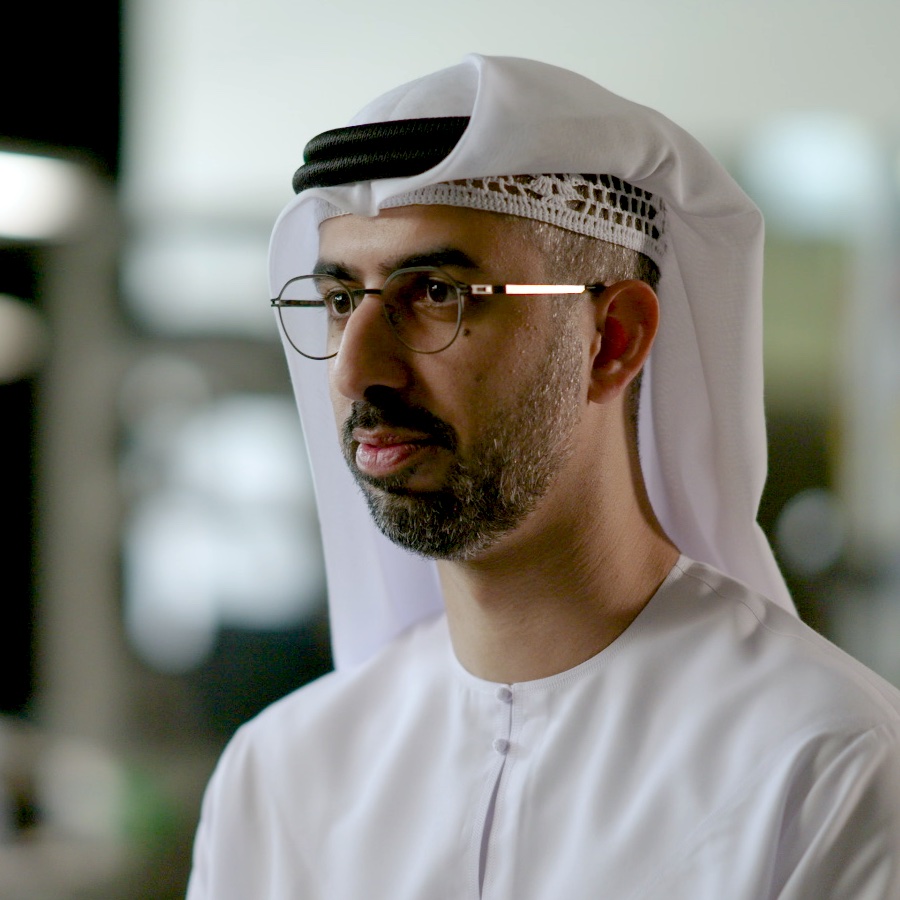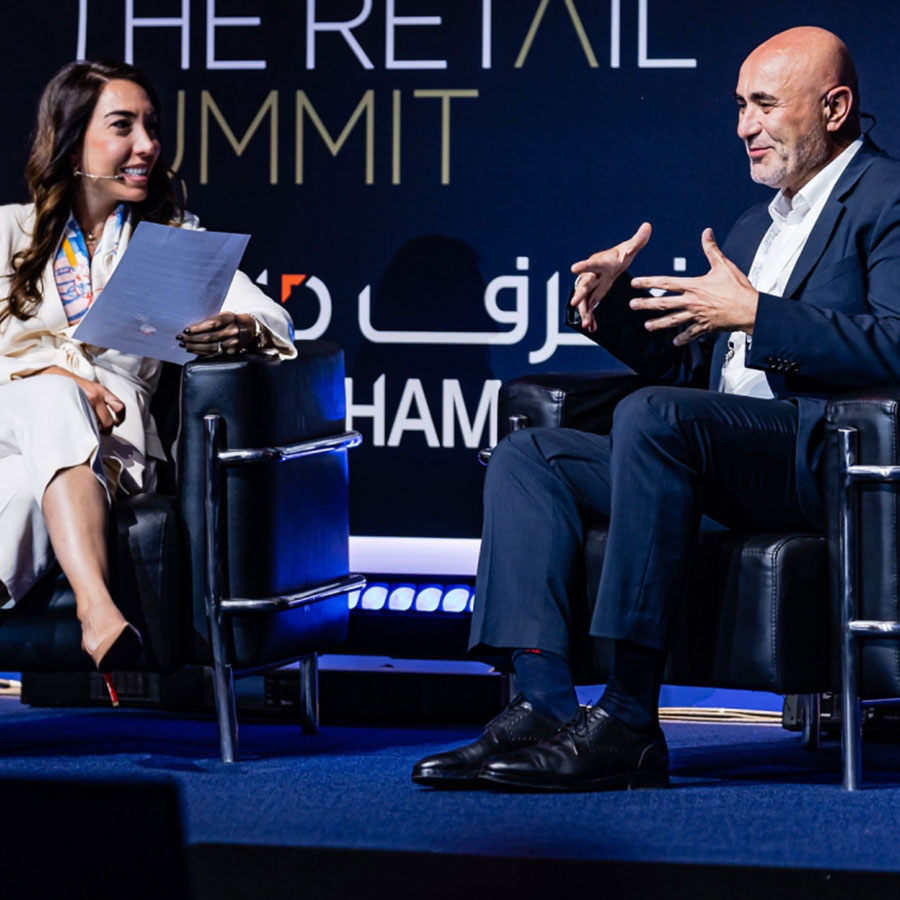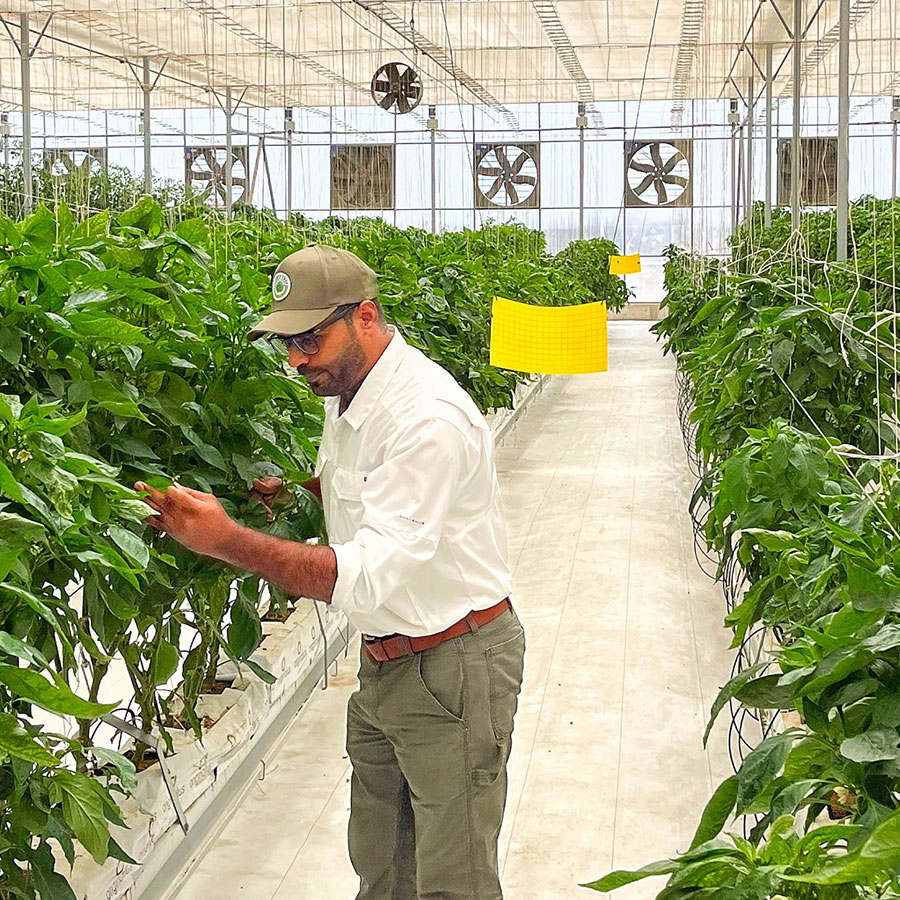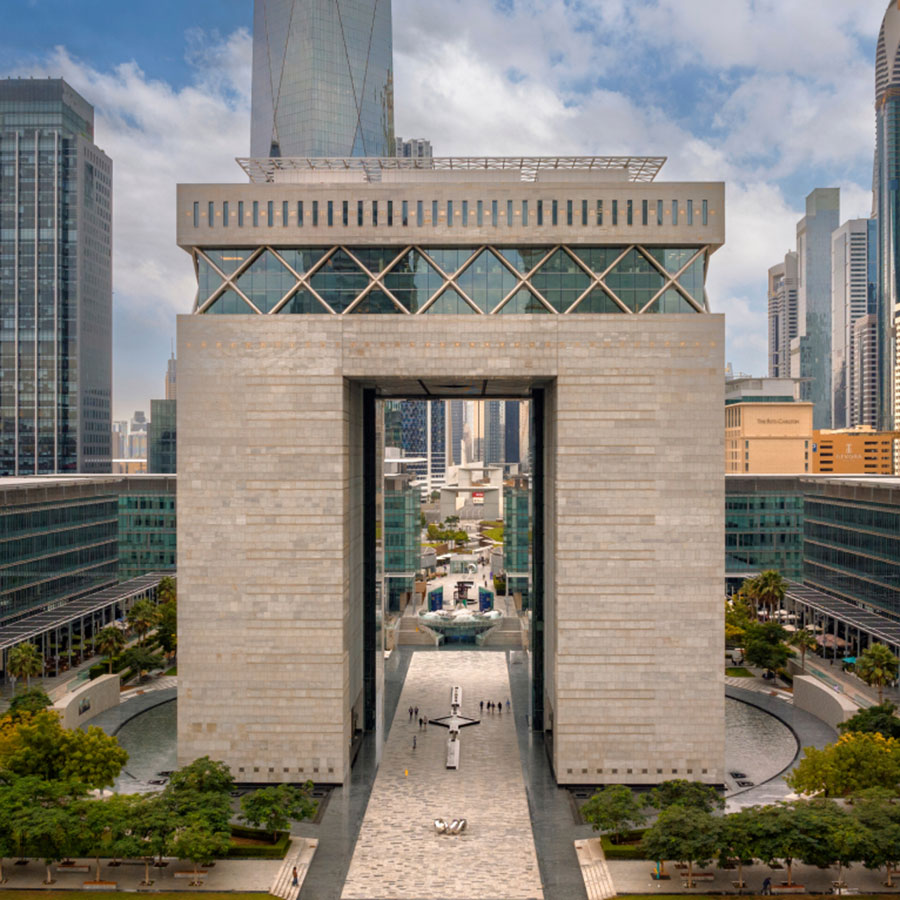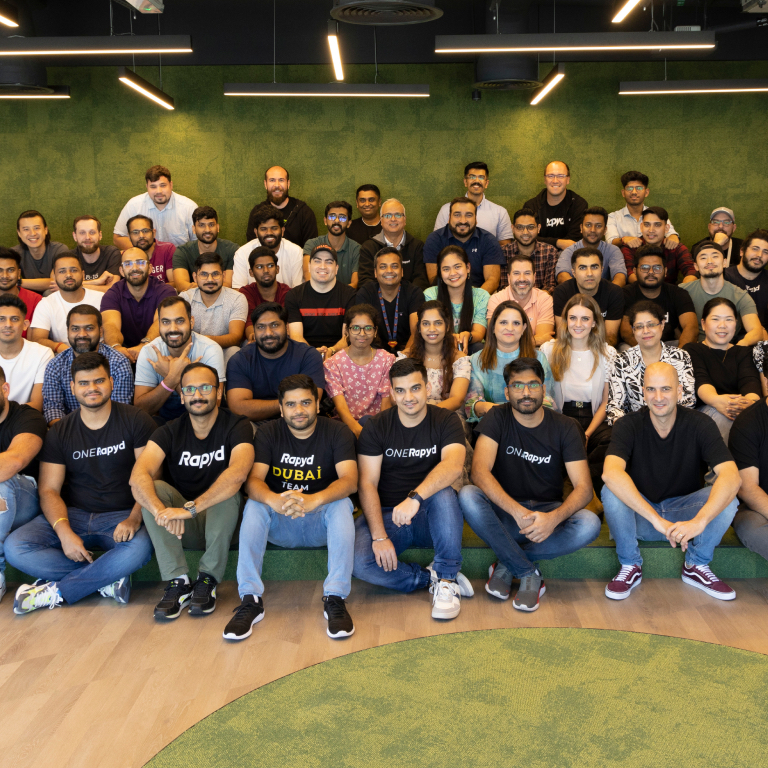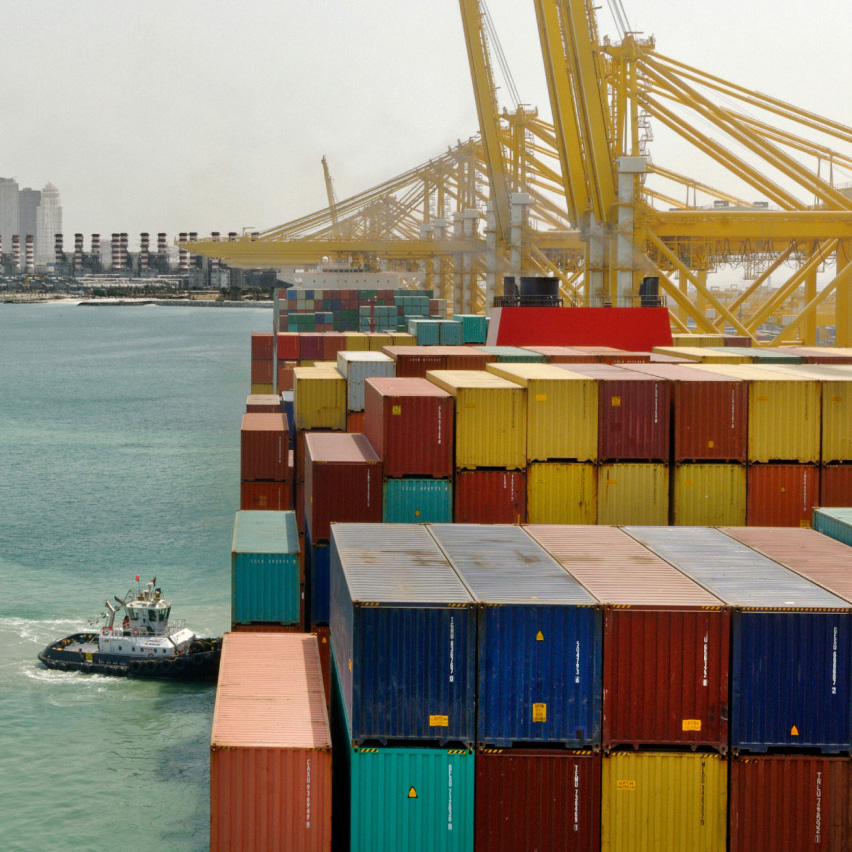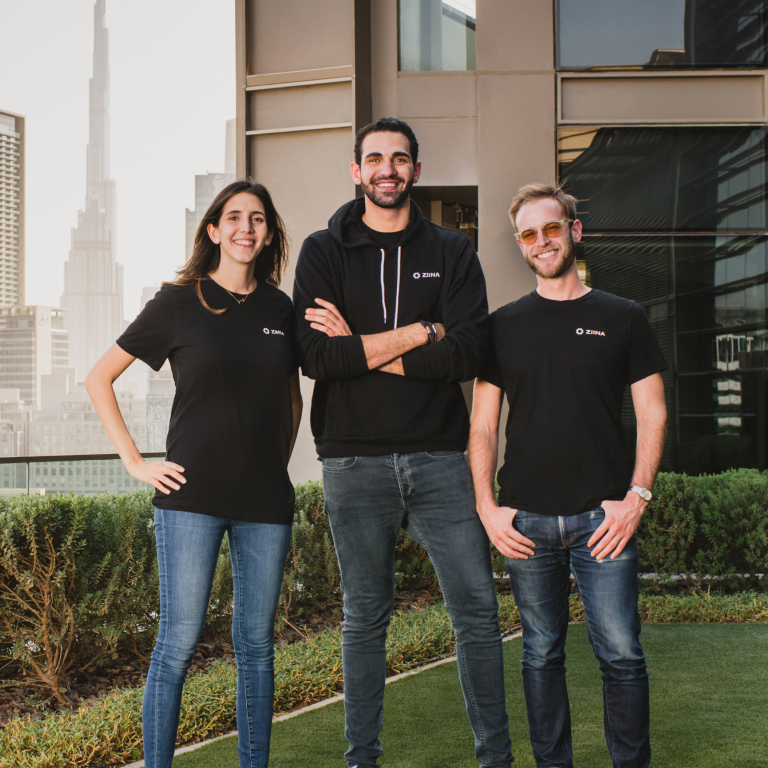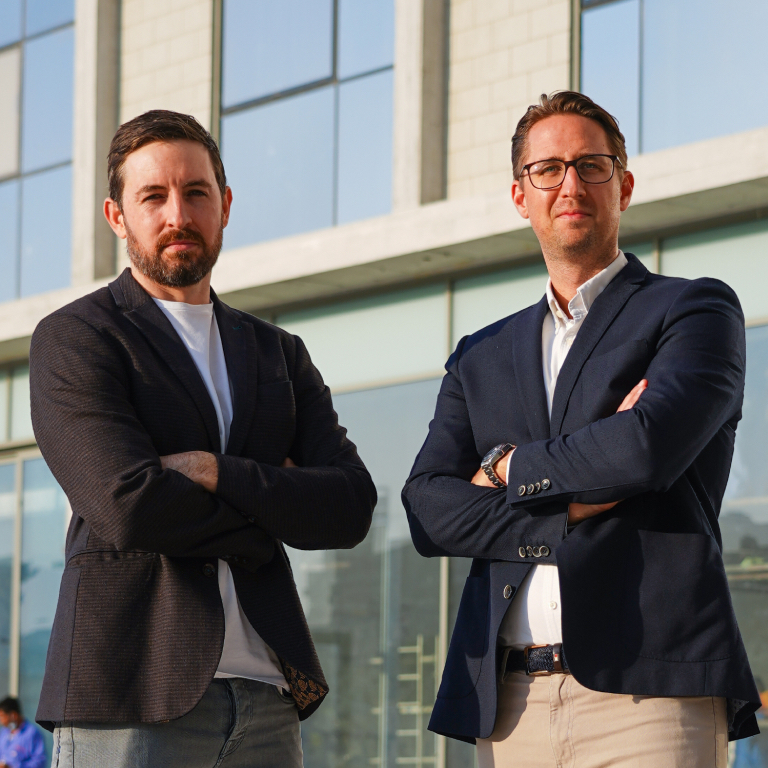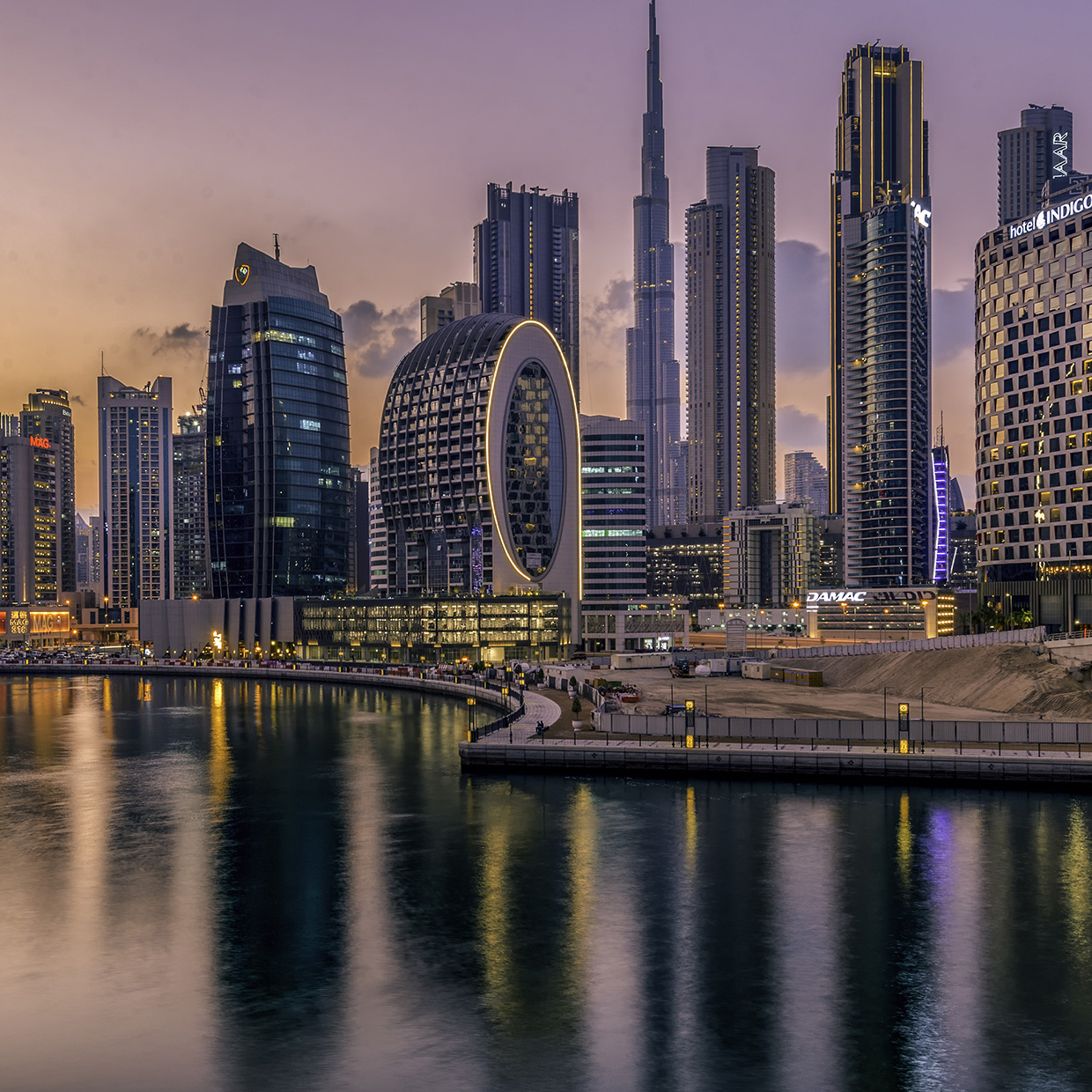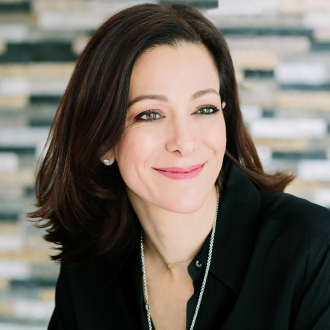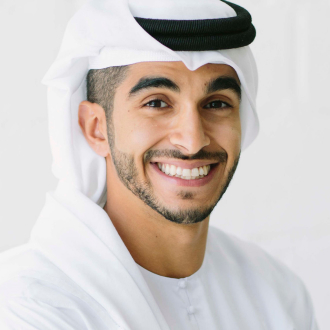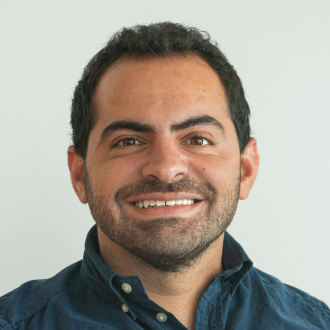In the global race for digital skills, how does a city become a tech talent magnet?
There is a worldwide shortage of digital skills. In a world increasingly reliant on technology, demand for technological skillsets is rising by as much as 50%. Meanwhile, nearly three-quarters of today’s workers don’t feel equipped to learn the digital skills needed by businesses.
The most acute shortage is in advanced skills like programming, especially for new technologies like AI and blockchain.
This demand gives skilled tech workers, entrepreneurs, and leaders the pick of where to base themselves. As cities and nations compete to attract tech talent, what makes these prized individuals choose one place over another?

Initial attraction
In a survey of ‘tech migrants’, Boston Consulting Group identified a mixture of short-, medium-, and long-term levers businesses and cities could use to attract talent.
The initial attraction is often brute economics: higher pay and lower taxes. That’s certainly what brings people to Dubai, says Vladimir Vrzhovski, Tech and Digital Lead at Mercer: “Dubai pays about 30% higher than most of the mature tech hubs around Europe and Asia.” It also has a lower cost of living, especially when its 0% income tax is taken into account.
Businesses operating in the city’s free zones – like the tech-focused Dubai Internet City (DIC) and Dubai International Finance Centre (DIFC) Innovation Hub – also benefit from 0% corporation tax. BCG credits the incentive with bringing big names like Amazon, Google, and Oracle to the emirate.
It is an echo of London’s rise to tech prominence, offering tax relief on tech investments via its Seed Enterprise Investment Scheme (SEIS) to funnel the city’s vast pools of finance towards digital businesses.
The presence of blue-chip names affords another major draw for tech talent: opportunities.

Room to grow
55% of Seattle tech workers surveyed by BCG moved to work at a specific company, like Boeing or Microsoft. Big businesses offer stable pay and a defined career ladder. But their gravity creates other opportunities for progression, too.
“People stay in roles for a couple of years before they move on. Being able to switch jobs and grow your skillset is positive for everyone.”
— Vladimir Vrzhovski, Tech and Digital Lead at Mercer
Smaller companies often come into their orbit as suppliers, but they also offer enticing employment alternatives – the chance to build something. Technology is “a dynamic market,” says Vrzhovski. “People stay in roles for a couple of years before they move on. Being able to switch jobs and grow your skillset is positive for everyone.”
This dynamism is especially apparent in defined tech clusters like DIC where fast-growing start-ups like Tabby and Zand rub shoulders with giants like Microsoft, and homegrown unicorn Careem. There is significant cross-pollination, extending to blue-chip support for Dubai’s extensive network of incubators and accelerators.
These opportunities will only grow as a result of the Dubai Economic Agenda, 'D33', which aims to add AED 100 billion (USD $27bn) to the annual economy through digital transformation by 2033. Among the key entities contributing to this is the Dubai Chamber of Digital Economy, which is focused on transforming Dubai into an international technology hub and has attracting digital talent among its priorities.
Vrzhovski says the training and mentorship programs at accelerators like Google- and IBM-partnered AstroLabs are vital for producing skills the market needs, as well as nurturing career progression, offering a path for people who think, “I want to do a certain job in the next three years. This is exactly what I need to obtain from a skills perspective to get me there.”

Putting down roots
Government is just as crucial for incentivizing people to stay. Vrzhovski says the UAE’s 10-year Golden Visa – launched in 2019 – has people working in the city saying, “This can be my home for the foreseeable future.”
“Over 60% of Dubai-based companies offer flexible working.”
— Vladimir Vrzhovski, Tech and Digital Lead at Mercer
If the visa is the mechanism for staying, it’s the city itself that makes people want to. Dubai is justly famous for its vibrant nightlife and active lifestyle opportunities, it ranks consistently high in global safety indices, and its education and healthcare are world-class. Qualities like these led to UK-based Money.co.uk ranking Dubai as the 4th best city in the world to relocate to.
Employment benefits are another reason to stay, and a key method for retaining talent. Vrzhovski says that “over 60% of Dubai-based companies offer flexible working,” reflecting the effort Dubai’s businesses put into employee benefits. Another example is a first-of-its-kind pension scheme “that’s been rolled out in Dubai, currently covering the DIFC.”
The making of a magnet
Ultimately, cities become talent magnets because they offer opportunities: for jobs, career progression, building something from scratch – and building a life.

Established hubs like San Francisco and Berlin are saturated. There is less room to grow. Cities like Dubai are “emerging,” says Vrzhovski. And that’s what makes them exciting. “Emerging means agility. Emerging means resilience. Emerging means we’re already thinking about the next step,” he says.
And that’s what tech professionals are looking for. From C-suite and founders to creatives and coders: the next step.



